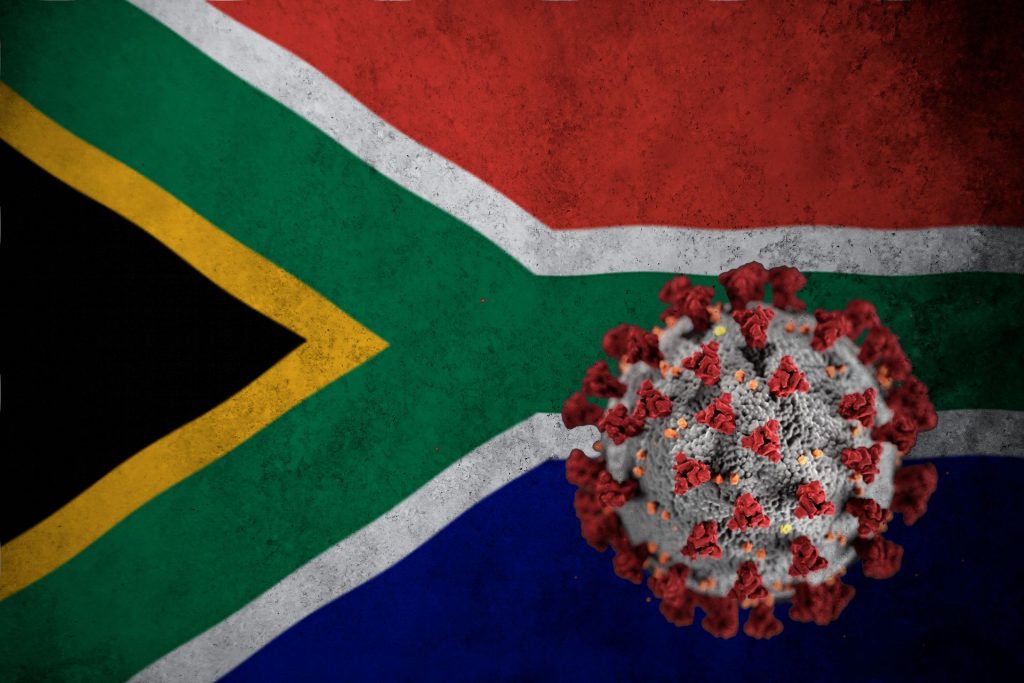
A fourth wave of infections is likely for South Africa but its impact probably won’t be as severe as during earlier surges, as shown by new modelling, according to BusinessTech.
Factoring in sero-prevalence surveys and other data, it appears that an estimated 60% to 70% of the population has already contracted COVID, which along with vaccinations will provide protection from severe disease, the South African COVID-19 Modelling Consortium said in an online presentation on Wednesday.
Even in its worst-case scenario, deaths and hospitalisations during a fourth wave were projected to be substantially lower than during previous surges.
Though current caseload for the country is “incredibly low”, it is still “very hard to commit to say South Africa is over the worst” of the COVID pandemic, said Harry Moultrie, a senior epidemiologist at the National Institute for Communicable Diseases, which coordinated the modelling.
“It’s going to be a bumpy ride,” he said. “We don’t know where this virus is going to take us. We will still be seeing hospital admissions and deaths related to Covid for years to come.”
South Africa;s seven-day rolling average of new infections has fallen below 300, much reduced from a third-wave peak which hit nearly 20 000 in July.
To date, South Africa has had 2.93 million confirmed cases of COVID, with 89 504 deaths, although excess death numbers indicate the true toll may be much higher. About 34% of the nation’s 39.8 million adults have been fully vaccinated.
While some countries in the northern hemisphere such as Germany are seeing severe fourth and even fifth waves of infection driven by the spread of the delta variant, that’s not a good indicator South Africa will follow a similar path because the strain has already spread widely in the country, explained Gesine Meyer-Rath, a member of the modelling consortium.
“We have paid in a way with high deaths and a lot of destruction” during previous waves, Meyer-Rath said. “We don’t think we will have a super-fast case increase again” unless a highly transmissible new variant emerges, she said.
While the outlook for the fourth wave is brighter, the past few weeks has seen a sharp rise of influenza cases, the National Institute for Communicable Diseases (NICD) reported.
A high number of cases had been seen from the beginning of the month, including influenza-like illness and pneumonia hospitalised cases at surveillance sentinel sites.
The NICD added that there had been clusters of influenza cases reported in schools and workplaces.
The NICD’s Cheryl Cohen said: “The increase in influenza this summer, which is not the typical time for the influenza season in South Africa, is likely the result of the relaxation of non-pharmaceutical interventions to control COVID combined with other factors such as reduced immunity because flu has not circulated since 2020 and 2021.”
Sources: Eyewitness News; BusinessTech

